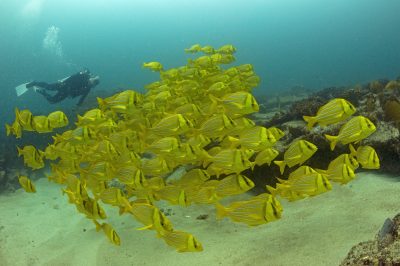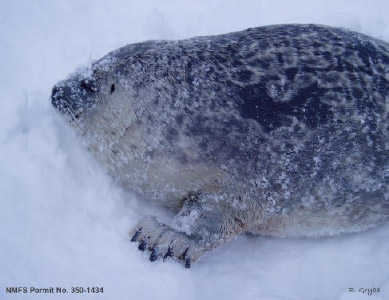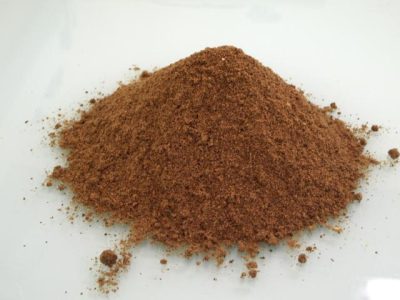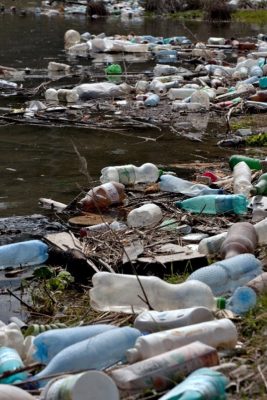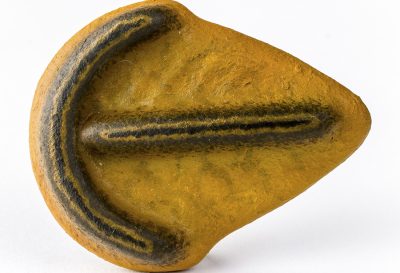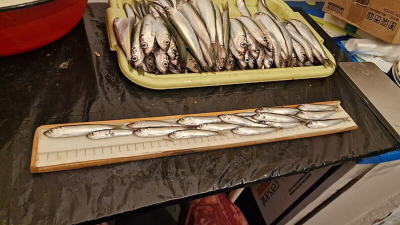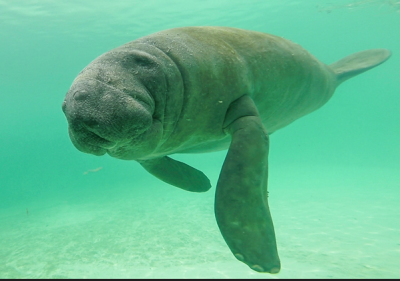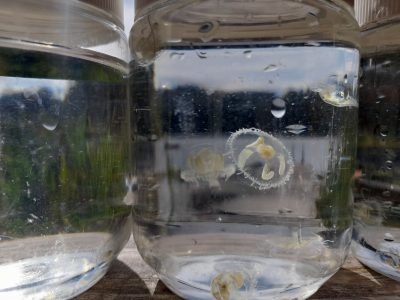Scuba diving generates $20 billion annually
Substantial revenue from diving, which depends on healthy ocean ecosystems, offers a new argument for marine conservation
Addressing gendered impacts of climate change and IUU in small-scale fisheries
Researchers investigated the gendered impacts of climate change and IUU fishing and offered community-driven approaches to foster resilience, equity, and sustainability in SSFs across climate-sensitive regions.
Indigenous Knowledge invaluable in identifying important habitats
Indigenous Knowledge can provide a holistic understanding of species’ habitat use given that it contains observations of multiple species across seasons and includes animals’ complex relationships with other species and habitats.
First ever global map of fishmeal and fish oil factories exposes industry’s footprint
UBC study has revealed the global distribution of fishmeal and fish oil factories for the first time, shedding light on a critical area of the aquaculture supply chain
Cooperating to tackle plastic pollution
Shifting the focus of intervention to the supply-side, by evaluating the potential environmental and economic outcomes of a voluntary levy on the top 100 plastic producers.
Ancient seafloor creature grew like modern marine invertebrates – study
New research shows that the growth and lifespan of Parvancorina minchami, small anchor-shaped animals that lived on the seafloor about 550 million years ago, was about four years, that they could reach close to 20 millimetres in length, and that their pace of growth was similar to that of small recent invertebrate.
Taking seriously the explanations on shrinking fish in a warming world
Given that the temperature increase and fish shrinking trends are not slowing down, the debate around the mechanistic models that explain their causes has become nothing but heated.
Drawing maps of Greater Caribbean manatee habitats in South America; a huge step forward in conservation and rehabilitation
The West Indian manatees that inhabit South America is classified as “Endangered” by the IUCN due to threats like habitat loss, boat collisions, and climate change. Their survival depends on active conservation efforts to protect their habitats and reduce human impacts.
Partnering with Indigenous communities to improve research outcomes
Trust was essential in encouraging the community to discuss their relationships with spaces in Atl’ka7tsem and to use research findings during decision-making.
Thousands of jellyfish clones are multiplying in B.C. lakes
An invasive, freshwater jellyfish is popping up in B.C. waters in the thousands – up to 34 places so far – and future sightings could increase rapidly by the end of the decade as climate change extends this range.
